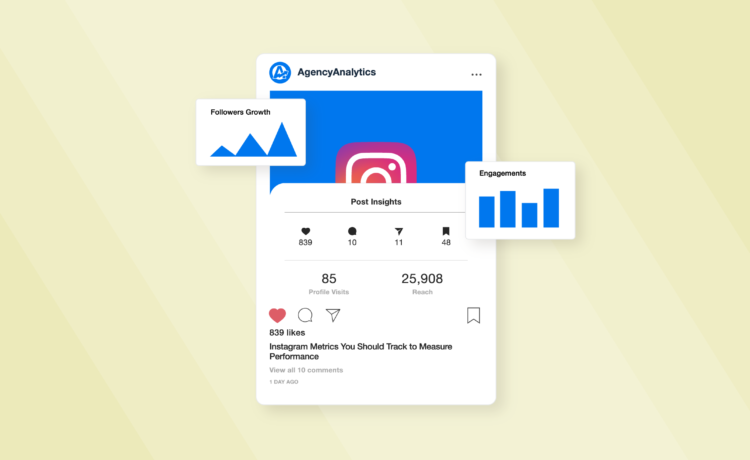In today’s digital landscape, social media platforms like Instagram have become integral to individuals and businesses seeking to establish a strong online presence and connect with their target audience. Central to this endeavor is the pursuit of a sizable following, often viewed as a measure of influence and popularity. However, in the quest for rapid growth, some users and brands have resorted to purchasing followers, artificially inflating their follower counts.
This practice raises questions about its impact on user engagement metrics and brand perception. This study seeks to shed light on the consequences of buying 1000 Instagram followers, exploring its effects on engagement levels and how it shapes perceptions of authenticity and credibility.
Methodology:
To comprehensively investigate the impact of purchased Instagram followers, a mixed-methods approach was employed. Quantitative analysis was conducted to compare engagement metrics between accounts with purchased followers and organic followers. This involved examining metrics such as likes, comments, and shares to assess the level of user engagement. Additionally, qualitative surveys were administered to gather insights into how purchased followers influence brand perception. Survey questions were designed to measure perceptions of authenticity, credibility, and trustworthiness.
Findings:
Decreased Engagement Metrics:
Analysis of engagement metrics revealed a notable disparity between accounts with purchased followers and those with organic followers. Accounts with purchased followers consistently exhibited lower levels of engagement, with fewer likes, comments, and shares on their posts.
This discrepancy suggests that purchased followers often lack genuine interest in the content being shared, resulting in superficial engagement that fails to foster meaningful interactions.
Negative Brand Perception:
Survey responses from both user groups indicated a negative perception of brands or individuals who resort to purchasing followers. Accounts with purchased followers were perceived as less authentic, credible, and trustworthy by respondents.
The use of purchased followers undermines the integrity of a brand’s social media presence, leading users to question the legitimacy of their following and the sincerity of their interactions.
Long-Term Consequences:
While purchasing followers may yield short-term gains in visibility or perceived popularity, the long-term repercussions can be detrimental to a brand’s reputation. Negative brand perception resulting from the use of fake followers can tarnish a brand’s image and erode consumer trust over time.
Brands that prioritize authenticity and genuine engagement are more likely to cultivate a loyal and engaged audience, fostering stronger brand loyalty and advocacy.
Ethical Considerations:
The practice of purchasing followers raises ethical concerns surrounding transparency, honesty, and integrity in social media marketing. Brands that engage in this practice risk damaging their reputation and alienating their audience.
Transparent and ethical marketing practices are essential for building and maintaining trust with consumers, who increasingly value authenticity and sincerity in their interactions with brands.
Conclusion:
The findings of this study underscore the detrimental effects of buying 1000 Instagram followers on user engagement metrics and brand perception. While the practice may offer short-term gains in visibility, it ultimately undermines the authenticity and credibility of a brand’s online presence. Moving forward, brands should prioritize organic growth strategies and genuine engagement to cultivate a loyal and engaged audience on social media platforms like Instagram. By upholding transparency and ethical standards, brands can build trust with consumers and foster stronger connections that drive long-term success in the digital age.














